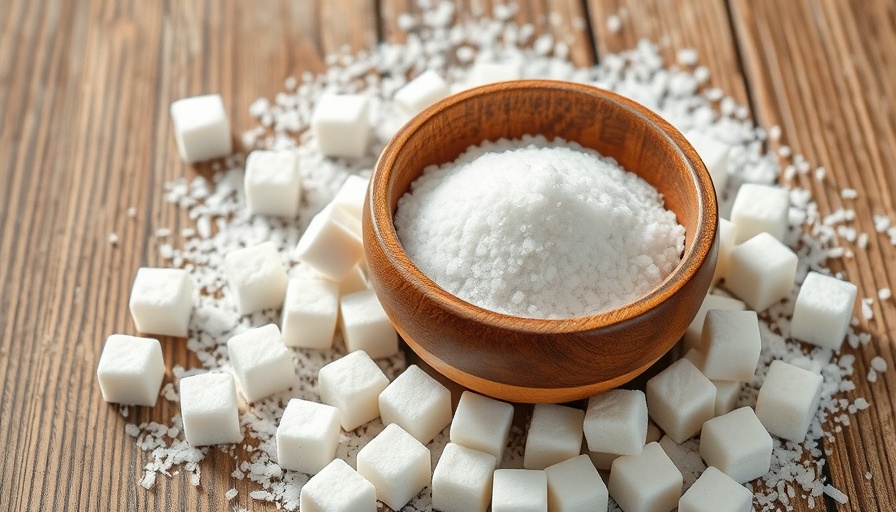
Understanding the Impact of Forever Chemicals on Teen Health
A recent study published in the Journal of the American Heart Association has brought to light a crucial health concern—prenatal exposure to "forever chemicals" can lead to elevated blood pressure in adolescents. Known scientifically as per- and polyfluoroalkyl substances (PFAS), these chemicals pervade our environment, present in everyday items like nonstick cookware and food wrappers. Alarmingly, they can cross the placental barrier, raising serious questions about their effects on fetal development and long-term health outcomes.
Why Adolescent Hypertension Can Be Particularly Alarming
As reported, children whose mothers had higher PFAS levels showed a rise in blood pressure percentile of one to three points. While this may seem minor, such increases can foreshadow significant cardiovascular risks later in life, including heart disease and stroke. This study tracked 1,094 children over 12 years, revealing that these slight elevations in blood pressure could have lasting implications.
Racial Disparities in Health Risks
Interestingly, the study highlighted disturbing trends showing that boys and Black children were particularly vulnerable. With each doubling of PFAS exposure, the risk of hypertension increased by six to eight percent in these populations. This correlation mirrors previous findings that boys metabolize toxins differently and indicates that socioeconomic factors could further amplify these risks in marginalized communities.
Taking Action Against PFAS Exposure
Given the pervasive nature of these chemicals, simply avoiding processed foods or taking individual actions may be insufficient. Public health experts are calling for stricter bans and comprehensive regulations on PFAS to safeguard future generations. As more people become aware of these risks, it's vital to demand accountability and advocate for policies that protect pregnant mothers and their children.
In light of these findings, understanding the precautions against PFAS exposure becomes critically important. Choosing fresh, unprocessed foods, advocating for environmental policy reforms, and engaging in community discussions about health can empower individuals. Embracing a proactive approach will not only benefit the individuals of today but forge a healthier future for coming generations.
 Add Row
Add Row  Add
Add 




Write A Comment